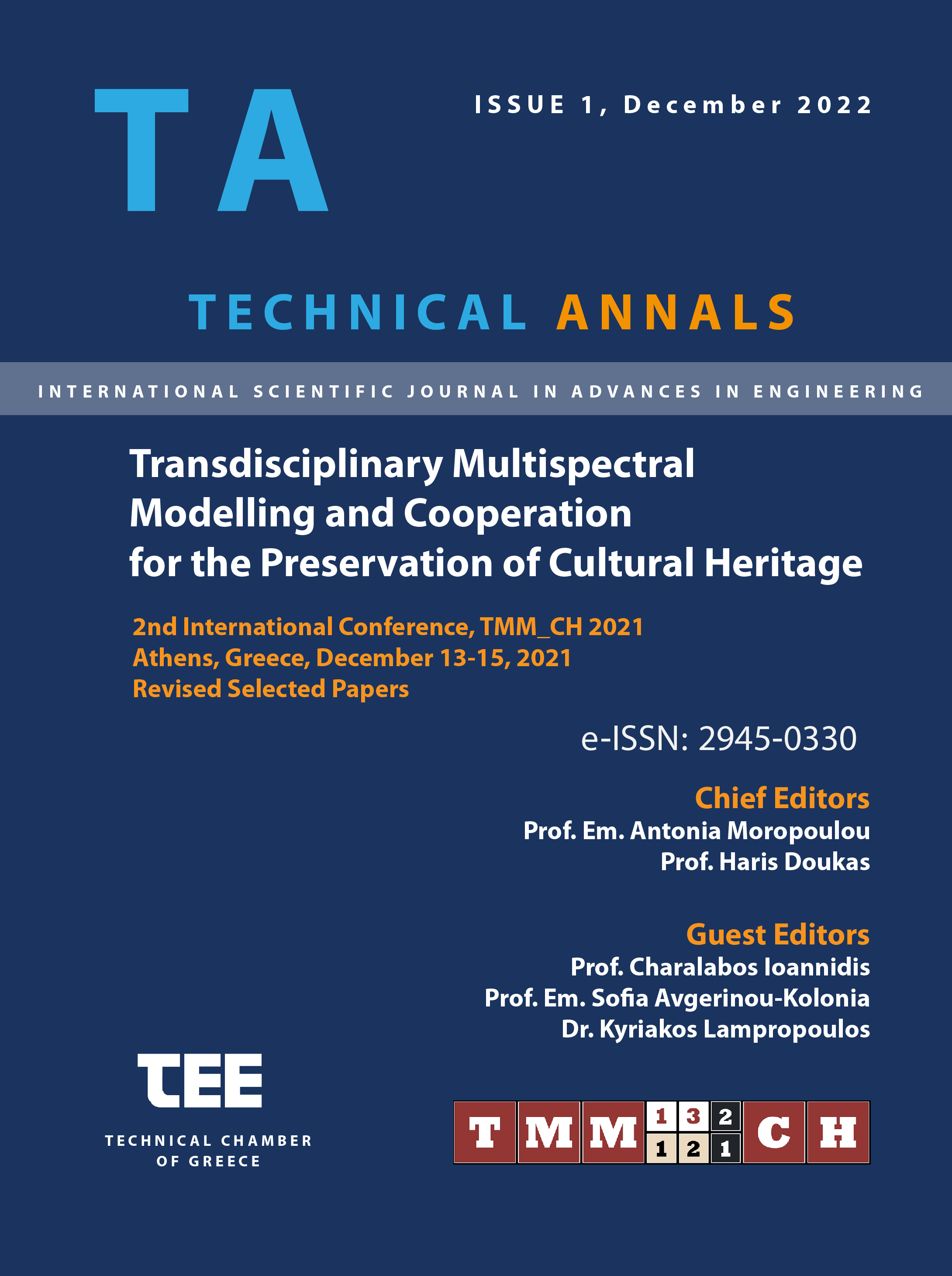Memories of the Orphanage - Prison of Aegina Interpretation of a difficult heritage and proposals on its museology display

Abstract
In recent decades, there has been a growing worldwide interest in those events that marked the course of world history and that create divisions within a society. In Greece, the 1940s and the threefold Occupation-Resistance-Civil War are such events that give rise to intense controversy. At the same time, the methods of repression that the political dissidents of that period suffered, which were basically persecutions, displacement to distant locations (exile) and internment to maximum-security prisons have been consigned to oblivion.
In Greece, dozens of islands were turned into places of exile and “disciplinary camps”, whilst many prisons were created for the state “enemies”. In their ma-jority, these sites of memory in Greece have been consigned to oblivion since there is no state support for their promotion.
One of the most typical examples is the Prison of Aegina, which is also known as Kapodistrian Orphanage. The building was constructed by order of Ioannis Kapodistrias to house the orphans of the Revolution of 1821. In 1880, it was inaugurated as a prison for criminal inmates at first, while in 1920 it received the first political prisoners. The building operated as a prison for political prisoners up until 1974, during which time the Left was restored to legality in the country and hence, the persecutions ceased.
In this article, we will study the term “difficult cultural heritage” together with the promotion and conversion of sites of memory to museums. The building of the Aegina Prison will be examined as a case study for its significance and his-torical importance, but also its emblematic architecture.
Article Details
- How to Cite
-
Marini, M. (2022). Memories of the Orphanage - Prison of Aegina: Interpretation of a difficult heritage and proposals on its museology display. Technical Annals, 1(1), 132–151. https://doi.org/10.12681/ta.32165
- Section
- Uni and interdisciplinary approach for the sustainable preservation of Cultural Heritage

This work is licensed under a Creative Commons Attribution-ShareAlike 4.0 International License.


